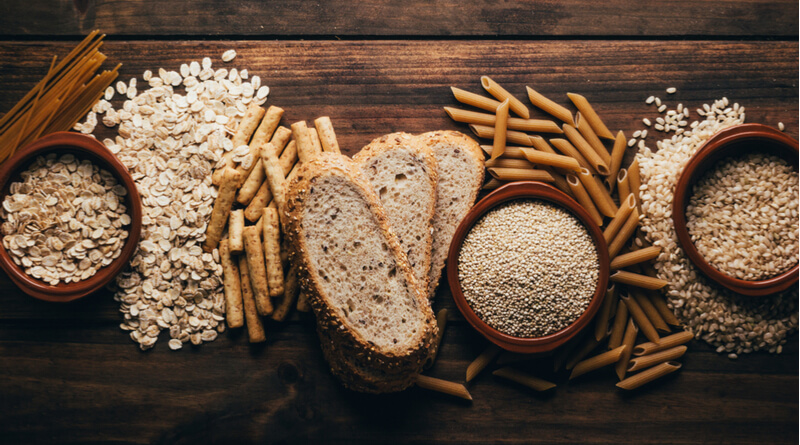Whole grains are great sources of protein, carbohydrates, and fiber and are an essential part of a child’s diet. There are several different shapes and sizes when it comes to whole grains. Experts recommend that whole grains should be a child’s most important source of energy. It is a great idea to replace refined food ingredients with whole grains when you cook.
Whole grains: what are these?
Technically, whole grains are those that contain the endosperm, germ, and bran. In contrast, the refined cereals will only have the endosperm. Whole grains are great foods for kids and babies. ‘Bran’ refers to the outer layer of the whole grain and is a rich source of riboflavin, zinc, iron, niacin, and thiamin. Bran is also a rich source of fiber. ‘Germ’ refers to the second layer and contains protein and vitamins. Endosperm is the third layer and is an excellent source of carbohydrates and proteins.
Whole grains and children: tips to remember
- Whole grains are extremely rich in phytochemicals, antioxidants, vitamins, and fiber which are all essential for the baby’s growth and development. These nutrients are also known to reduce the risk of heart disease, diabetes, and cancer.
- It is recommended to give your baby a good mix of refined and whole grains when introducing the latter.
- It is also recommended to use whole grains including whole wheat, eye, and spelt rather than refined flours during baking.
- It is best to stay away from fast and processed food which is increasingly becoming common in the modern lifestyle.
- Get creative with food and offer kids delightful menu items. Side dishes are a great way to enjoy with the main meals and could include whole grains.
- Breakfast is undoubtedly one of the most significant meals of the day. It is a great idea to include whole grain bread, oatmeal, and buckwheat pancakes in your kid’s diet.








